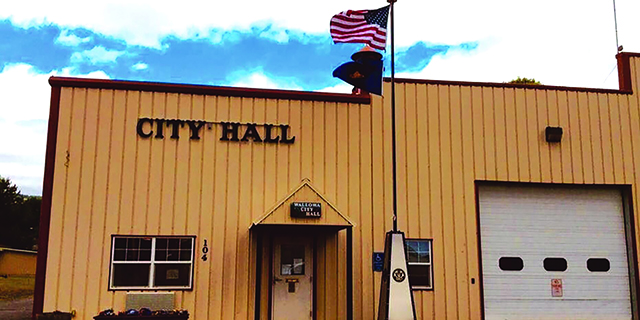Planning for Profit: Research your industry of choice before starting a new business
Published 4:00 pm Wednesday, December 19, 2007
In the last four columns, I discussed the importance of making an honest assessment of whether or not you should go into business for yourself at all. Let’s assume you’ve done that and decided you have what it takes to own and operate a successful business. The next step is preliminary planning and research – due diligence. This is where you methodically, objectively investigate the industry you’re thinking about entering or the business you’d like to buy – before you make any commitments. Remember, you now have two equally important objectives: (a) to own your own business and (b) to do it without ruining yourself financially.
The exact process you should follow depends on how much you already know about the industry and if you’re buying an existing business, how much you already know about it specifically. It also depends on the level of business experience that you bring to the table.
Trending
If you really don’t know much about the industry you’re considering, the first step is to thoroughly educate yourself. Do it by talking to all levels of people who are in the industry, by reading trade journals and news articles and by spending a lot of time on the Internet. If you can manage it, go out and work in the industry yourself for a few months, including some time at the bottom. You’re looking for all kinds of things – trends (is the industry growing or declining); likely future challenges; customer demographics; facility layout ideas; sources of equipment; probable startup costs; financing ideas; ideas on how to project customer traffic and average sale; insights into the typical expense structure; regulatory requirements; environmental, health and safety issues; critical success factors; the failure rate and common reasons for failure; likely competition; skill requirements and labor force availability. If you proceed, much of the information you gather will be useful later on, so make notes, copy or print out published information and organize it all by category in a notebook.
Think this sounds like textbook stuff that no one really does? When the Seattle-based energy services company Jeff Brotman was running failed in the early 80’s, he decided to fall back on his family’s retailing legacy – only he wanted to bring something new to the Pacific Northwest. He first reviewed retail trade journals and talked to acquaintances in the field. Then he packed his bags, kissed his wife goodbye and headed off to San Diego to look at a new concept developing there. He spent the next six months studying and learning everything he possibly could about something called a “warehouse club,” specifically Price Club. He became acquainted with and talked to everyone he could who either worked for, had worked for or was a supplier to or investor in the young company whose best units were rumored to already be doing $100 million a year in sales using a very unorthodox approach based on paid, restricted membership, no advertising, Spartan facilities and draconian markups, spiced up with a dash of high end merchandise available in very limited quantities.
One of the people Jeff met and became friends with was Jim Sinegal, who had spent over 20 years with Sol Price at FedMart in addition to time at Price Club and was then brokering merchandise to Price Club. Jeff accumulated volumes of information on the warehouse club concept, returned to Seattle, made the rounds of local investors to gauge interest and secure preliminary commitments and then enticed Jim Sinegal to join him there in the startup venture that became Costco Wholesale.
Five years later, Costco was doing $3 billion in annual sales and had turned profitable. After 8-9 years, the company bought Price Club and is now one of the world’s preeminent big box retailers. It all began with very, very careful industry research.
In my next column, we’ll talk about how preliminary planning and research differs if you’re considering buying an established business.
Myron Kirkpatrick has been providing free, confidential, locally based business coaching services for Wallowa County Business Facilitation, Inc. since January 2001. He may be reached at (541) 426-5858 or by e-mail at myronk@uci.net. All columns in this series will be archived at www.wallowacountybusiness.org.









